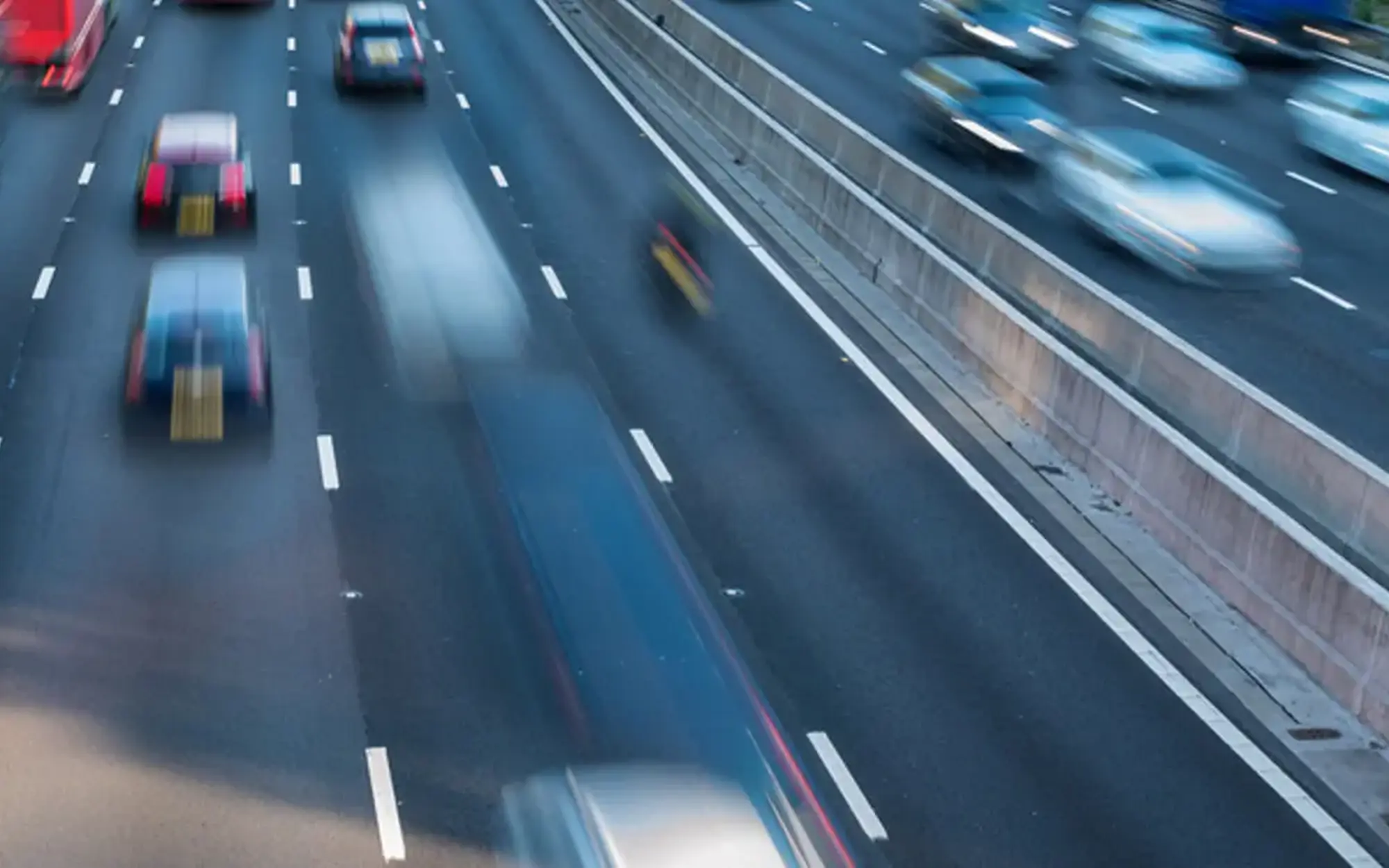
Company Car vs Car Allowance
When advancing in your career, you might face a decision between a company car and a car allowance. While both options have their perks, they also come with different responsibilities and costs.
Company car vs car allowance: which is better?
When advancing in your career, you might face a decision between a company car and a car allowance. While both options have their perks, they also come with different responsibilities and costs. Understanding how each works will help you choose the option that best fits your needs.
What is a company car scheme?
A company car scheme is when an employer provides a vehicle to an employee for both business and personal use. This scheme can be essential for employees who need a car or van for their job, such as those travelling for client meetings or carrying out repairs.
There are various ways a company can offer cars to employees:
- Salary sacrifice: Employees give up a portion of their salary in exchange for a company car. This arrangement can reduce their tax liability and National Insurance contributions.
- Finance lease: The company leases a car, and the employee uses it during the lease term.
- Contract hire: Similar to finance leasing, but the car is returned at the end of the contract.
- Outright purchase: The company buys the car outright and provides it for employee use.
- Employee car ownership schemes: The employee owns the vehicle, but the company funds the purchase or lease in various ways.
A company car scheme is often seen as a perk, providing employees with newer cars and removing the burden of car ownership costs like servicing, maintenance, and insurance. These schemes are ideal for businesses looking to control operational costs while offering a valuable employee benefit.
What is a company car allowance?
A company car allowance is an alternative to a company car scheme, where an employer gives an employee a lump sum of money to cover the costs of using their own vehicle for work. The allowance is added to their salary, and the employee is responsible for purchasing, leasing, and maintaining their vehicle.
There are three main types of car allowances:
- Fixed car allowance: A set amount paid regularly, regardless of how many business miles are driven.
- Variable car allowance: The amount changes depending on the business miles driven during a specific period.
- Reimbursement-based car allowance: Employees log their business mileage, which is reimbursed at a per-mile rate.
A car allowance gives employees more freedom in choosing their vehicle and can be a more flexible option. However, they will need to pay for expenses like insurance, maintenance, and fuel, and the car allowance is taxable as part of their income.
Comparison: company car vs car allowance
Here’s a side-by-side comparison of the two options:
Benefits of a company car
-
Low BiK tax rates on low-emission vehicles:
Choosing an electric or hybrid car as part of your company car scheme can significantly reduce your Benefit-in-Kind tax. Vehicles with CO2 emissions under 50 g/km have much lower tax rates, making this an attractive option. -
No depreciation or unexpected costs:
As you don’t own the vehicle, you don’t have to worry about its depreciation. The company typically covers the cost of maintenance, insurance, and repairs. -
New car every few years:
Company cars are usually renewed every three to four years, allowing you to drive the latest models with the newest technology. -
Convenience:
The employer handles all the financial responsibilities, so there’s no risk of defaulting on payments or dealing with unexpected repair costs.
Disadvantages of a company car
-
Limited vehicle choice:
Employees may not have full control over the type of car they receive, depending on company policies and available models. -
BiK tax could be high:
For higher-emission vehicles, the BiK tax rate could increase significantly, which can reduce the financial benefit of a company car. -
Fuel Benefit tax:
If your company provides free fuel for personal use, you may have to pay Fuel Benefit tax, which can add to the overall tax burden. -
You never own the car:
When you leave the company, the car stays with the employer. You’ll need to finance a new vehicle if you no longer have access to a company car scheme.
Benefits of a car allowance
-
Flexibility and freedom:
A car allowance gives you the freedom to choose your own vehicle, and it can be used for both business and personal purposes. -
Potential ownership:
If you buy a car with the allowance, you’ll own the vehicle, which means you can sell it in the future and recoup some of the costs. -
Cash boost:
The car allowance is paid as cash, so if you already own a vehicle or don’t plan on buying one, you can use the allowance for other expenses. -
Mileage reimbursement:
Employees can claim back business mileage at government-approved rates, reducing fuel costs when using a personal vehicle for work.
Disadvantages of a car allowance
-
Tax liability:
Car allowance is added to your salary, which means it’s taxed at your standard rate, and you’ll need to pay National Insurance on the allowance. -
Running costs:
Employees are responsible for maintenance, repairs, insurance, and any other running costs, which can eat into the allowance. -
Depreciation risk:
If you purchase a car with your allowance, you bear the risk of its depreciation over time, which reduces its resale value. -
High mileage costs:
If you drive a lot for business, the cost of maintaining and fuelling your vehicle could outweigh the allowance, especially after tax deductions.
Should you choose a company car or car allowance?
Ultimately, the decision between a company car and a car allowance depends on your personal preferences, financial situation, and driving needs. If you value flexibility and owning your own car, a car allowance might be the best option. However, if you want predictable costs and a hassle-free arrangement, a company car scheme could be the way to go.
Business Breakdown Cover
Keep your business moving
Pay monthly from £11.00 per vehicle – exclusive to the RAC
Company car FAQs
A company car is provided by your employer for primarily business use, but also personal. A car allowance means that your employers adds a cash sum onto your annual salary for you to be able to buy or lease a car.
When your employer issues you with a company car, your car allowance will be added onto your salary for tax and national insurance purposes. These deductions will then be made employer. You will pay either the monetary value of the car allowance or the benefit in kind tax, whichever is higher for your company car.




